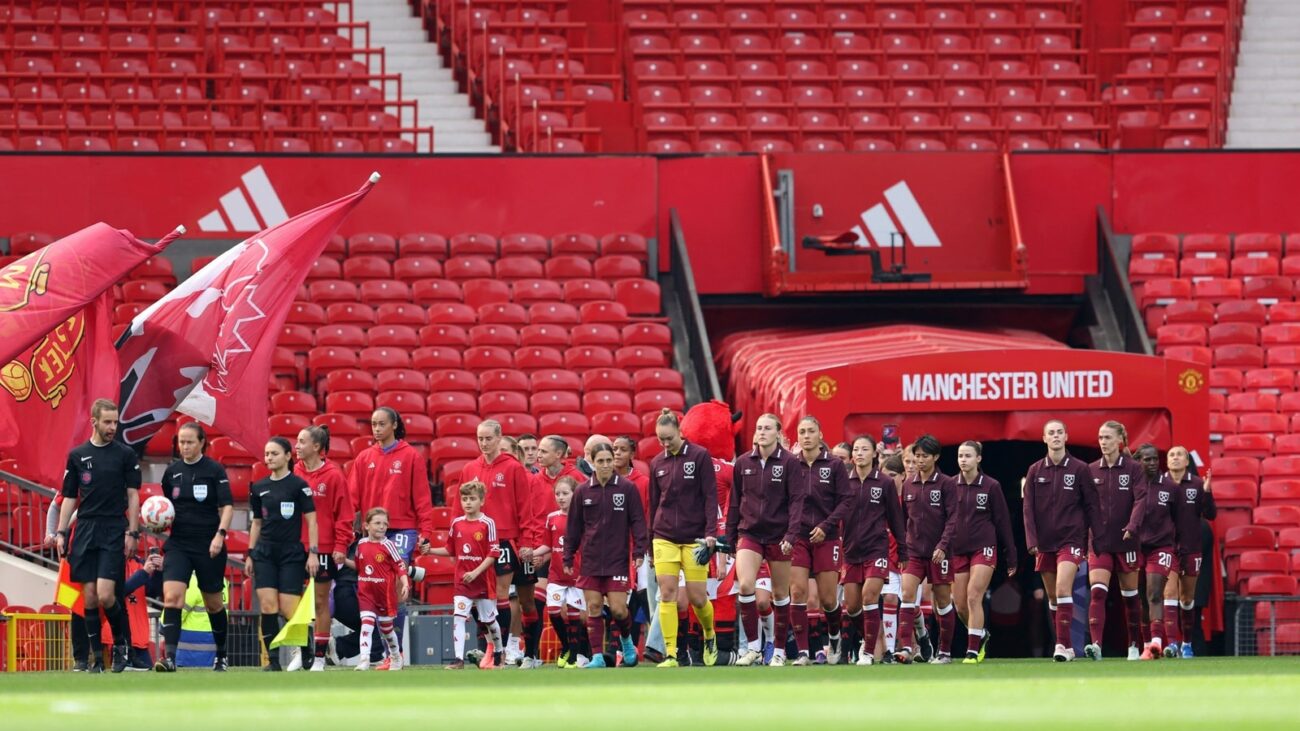Manchester United’s Old Trafford Regeneration Project Could Boost UK Economy by £7.3 Billion
Manchester United’s proposed Old Trafford stadium regeneration project has the potential to generate a staggering £7.3 billion ($9.7 billion) annually to the British economy, according to an economic feasibility study commissioned by the club. The ambitious project, which could include a brand new 100,000-seater stadium or a redevelopment of the existing Old Trafford, has received the backing of Greater Manchester Mayor Andy Burnham.
Burnham has emphasized that no public money will be used to fund the project, which is being spearheaded by United co-owner Jim Ratcliffe. The project aims to create a “mixed use” neighborhood around the stadium, featuring apartment blocks, shopping centers, and new public transport stations.
Global advisory firm Oxford Economics has projected that the regeneration project could deliver 92,000 new jobs, more than 17,000 new homes, and an additional 1.8 million visitors per year to the area. Burnham has hailed the project as potentially the largest regeneration scheme in the country, with the hope that it will create the “best football stadium in the world” while also benefiting the surrounding community.
United has appointed renowned architects Foster Partners to work on the plans, and fans are being asked for their input on the redevelopment. Former United captain Gary Neville, part of an Old Trafford Regeneration Task Force, has urged supporters to participate in the consultation process.


